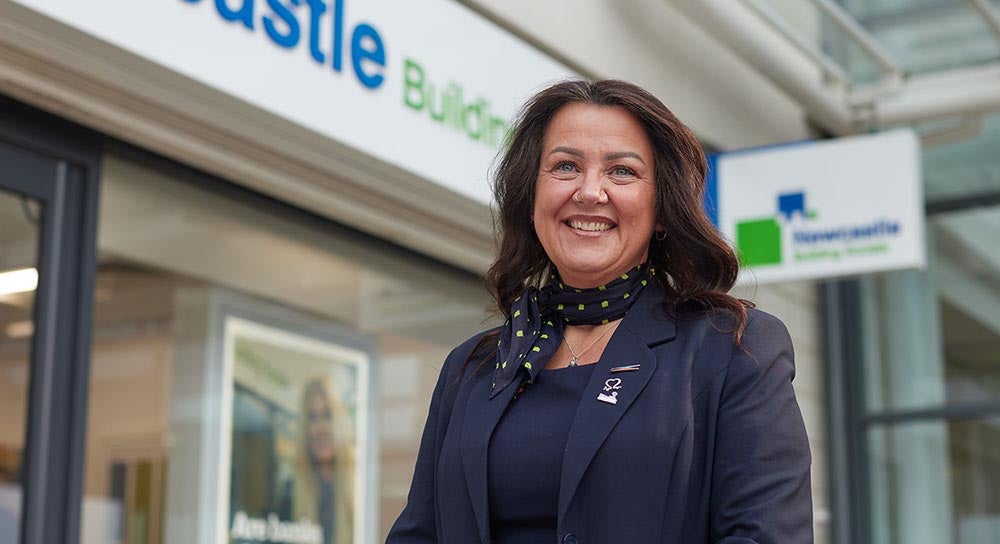We know that talking about financial abuse can be hard, especially if you or someone you know might be affected. We want to help you spot financial abuse and stop it from harming you or someone you care about.
What is financial abuse?
Financial abuse is when someone tries to control your money or how you use it. Financial abuse is also called ‘economic abuse’.
Anyone can suffer from financial abuse, but it often affects older people and those in close or abusive relationships.
How can you tell if someone is the victim of financial abuse?
It can be hard to tell if you or someone you know is being financially abused. Financial abuse can look different for everyone, but here are some warning signs:
- Makes you explain everything you spend money on;
- Takes out loans or credit in your name;
- Builds up debt in your name;
- Takes your money by threats or pressure;
- Stops you from using your own money.
Getting help from charities and groups
There are charities and other groups that can help you. They can give you legal advice, help you find a safe place, and more. You can find out more in the UK Finance leaflet called 'It’s Your Money'.
How can we help you?





